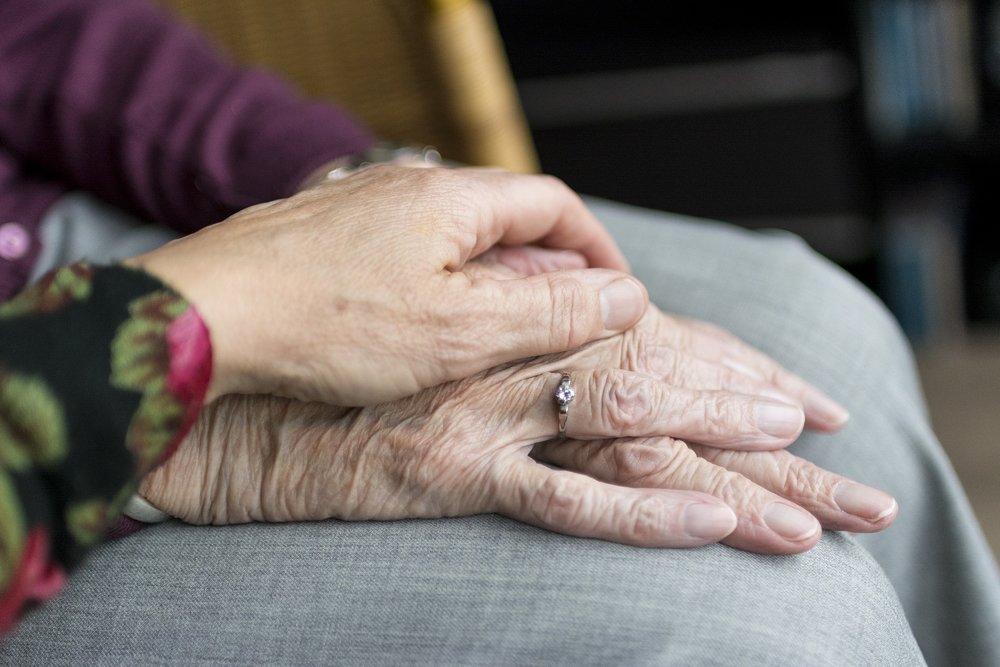On Sunday, the United States celebrated Grandparents’ Day, a day set aside since 1978 to honor grandparents and the important role that they play in their families. The original proclamation from the first Grandparents’ Day says, “Just as a nation learns and is strengthened by its history, so a family learns and is strengthened by its understanding of preceding generations. As Americans live longer, more and more families are enriched by their shared experiences with grandparents and great-grandparents.”
Grandparents bring to a family the wisdom and experience that comes with age, and it is right to honor them. But has our care and appreciation of the elderly declined? It is horrifyingly ironic that, just days after a day of appreciation for grandparents, Minnesota legislators are holding an informational hearing on a bill that would legalize physician-assisted suicide in our state.
Physician-assisted suicide is presented as “compassionate care” and a way of offering “options” and “dignity” for those who are terminally ill. This is a far cry from reality. Physician-assisted suicide devalues human life and preys on vulnerable people, especially the elderly, and often results in a painful and frightening death.
Our culture increasingly believes and promulgates the idea that the lives of people with disability, illness, or people who are aging are lesser and not worth living. This lie has taken hold to such an extent that a recent study found that one in five adults who had elevated beta-amyloid, which is associated with increased risk of Alzheimer’s, would consider physician-assisted suicide if they experienced cognitive decline.
Last year, Australian scientist David Goodall traveled to Switzerland to kill himself under the assisted suicide laws there. His reason? Merely age, not illness. Concerns that physician-assisted suicide will have an adverse effect on quality of life and care for the elderly are not simply fear-mongering.
Earlier this year, an op-ed arguing that Minnesota ought to legalize physician-assisted suicide pointed to the demographic shift in Minnesota as a large portion of our population ages as a that our state should allow physician-assisted suicide. Considering that among those obtaining prescriptions for life-ending drugs in 2018, 64 percent said that they were becoming a “burden” to their friends, family, or caregivers, an aging population should be just one of many reasons that physician-assisted suicide remains illegal. What a devastating tragedy -- that someone would seek to end their own life out of fear of becoming a burden! That would represent a massive failure of our much-vaunted health care system here in Minnesota.
Legalizing physician-assisted suicide not only enables this kind of predation, but it communicates that some people are less valuable than others and promotes a culture of death. Legalization is associated with increase in overall suicide rates, especially among people age 65 and older—an age demographic that already has the highest suicide rates globally.
Furthermore, physician-assisted suicide prematurely robs our society of precious and valuable lives and sickens our entire culture. As Ryan T. Anderson pointed out,
[Physician-assisted suicide] would harm our entire culture, especially our family and intergenerational obligations. The temptation to view elderly or disabled family members as burdens will increase, as will the temptation for those family members to internalize this attitude and view themselves as burdens. Physician-assisted suicide undermines social solidarity and true compassion.
The 1978 Grandparents’ Day proclamation is right when it says that our lives are enriched by grandparents and great-grandparents and that “it is appropriate… that we salute our grandparents for their contribution to our lives.” It is appropriate that we value and honor the aging members of our families, as well as of our communities. Surely Minnesota can offer a far better salute than physician-assisted suicide. Let’s expose the lies of physician-assisted suicide and offer true compassion and care, instead.





